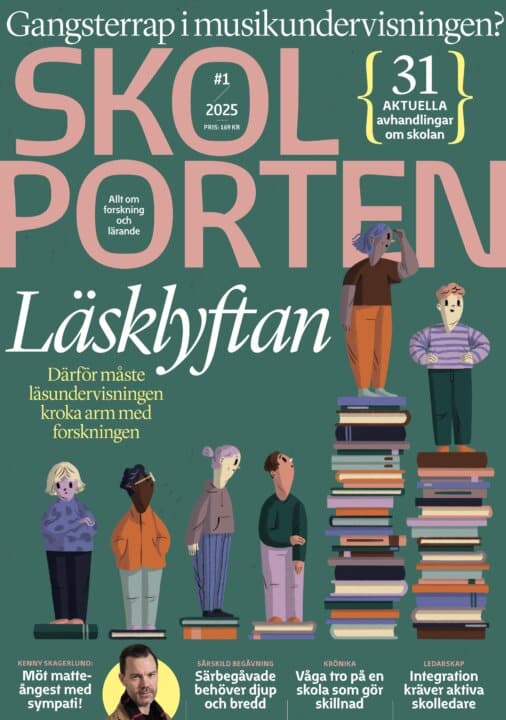Yrkesetik i lärarutbildning – en balanskonst
Marita Cronqvist har undersökt hur lärarstudenter i handlingar och genom muntliga och skriftliga uttalanden uttrycker och utvecklar sitt yrkesetiska ansvar och vad dessa uttryck säger om yrkesetiken.
Marita Cronqvist
Professor Kennert Orlenius, Högskolan i Borås, professor Dennis Beach, Göteborgs universitet, universitetslektor Peter Erlandson, Göteborgs universitet, professor Karin Dahlberg, Göteborgs universitet
Professor emerita Gunnel Colnerud, Linköpings universitet
Göteborgs universitet
2015-06-12
Yrkesetik i lärarutbildning – en balanskonst
Institutionen för pedagogik, kommunikation och lärande
Abstract in English
The aim of the study is to examine and to increase the understanding of how student teachers implicitly (in action) and explicitly (through oral and written statements) express and learn professional ethics and what these expressions reveal about professional ethics. Previous research has indicated that professional ethics as phenomenon is difficult to separate and to view in the meeting between pedagogue and child. Professional ethics is often unspoken and based on personal feelings and not on formulated knowledge. In this study professional ethics is examined as the student teacher´s lived practice in the meeting with the child. The study is based on life-world theory and Reflective Life-world Research (RLR). This means for example that the phenomenon of professional ethics is examined as it present itself to student teachers and that the researcher must make efforts to be open to the phenomenon, reflect on it and to bridle preunderstandings. Ten student teachers with different orientations to preschool and elementary school have been followed, eight of them from second to fourth semester in periods when university courses and school-based education meet. Empirical data is collected from interviews, observations and different written statements. Findings are presented in three parts: Part 1 presents the issues for each individual student teacher. In part 2 the essence of professional ethics is formulated as seven elements of meaning: 1) that ambiguity requires an approach to responsibility, 2) that external factors can be obstacles, 3) that relationships and learning are interwoven, 4) that experiences should be for a child´s best interest, 5) that inclusion should be available to every child, 6) that authority should be exercised through an atmosphere of joy, respect and safety, and 7) that development occurs when theory and practice meet in reflection. Part 3 is a theoretical presentation. Reflection, self-reflection, judgment and student teachers as role models emerge as the primary tools of professional ethics. These tools are dependent on each other and intertwine cognition and emotion, experiences, theories and practice. In addition to the essence of professional ethics, my conclusion is that learning about professional ethics is based on the student teacher´s life world and takes place in a lifelong learning process. Consequently, teacher education needs to support meta-learning (learning how to learn) and build education on the student teacher´s individual life world as a resource. The student teachers as role models are developed through virtuous actions continuously being performed and through teacher educators acting as role models. Judgment and phronesis are also developed in practice through student teachers´ experiences of balancing between various factors in the complex situation. Since learning is developed in practice and from experiences, school-based education becomes valuable in order to stimulate learning. Another conclusion is that experiences must be discussed and analyzed thoroughly and systematically in education. In this process reflection is crucial. Based on the findings, a didactic model, Didethics, has been created in order to implement ethics in the same way as content (subject) and methods are included in didactics. Through asking questions, the model implements ethics, links it with content and methods and follows ethics through the planning, implementation and evaluation of the learning process.
Relaterade länkar

Yrkesutbildning för vuxna
 Vux
Vux
När leken inte fungerar
 Fsk
Fsk








